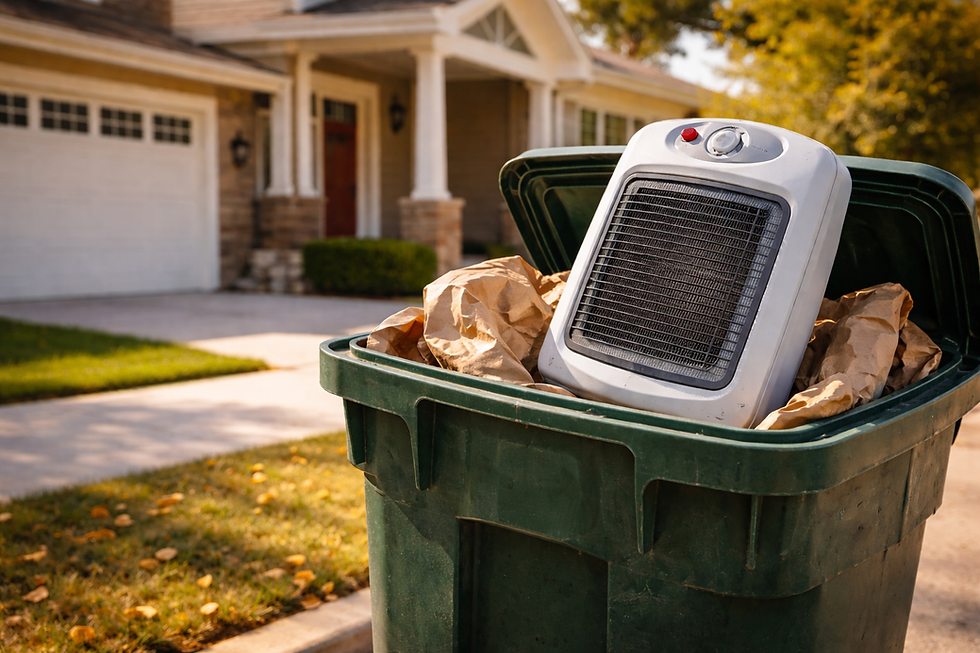Pros and Cons of Ductless Mini-Split Systems: A Comprehensive Comparison
- cmwagency
- Sep 14, 2023
- 2 min read

If you're a homeowner in Northwest Arkansas, you've likely had to weigh various options when it comes to heating and cooling your home. Traditional ducted systems have been the standard for years, but ductless mini-split systems are gaining in popularity for various reasons. In this blog post, we'll delve into the pros and cons of ductless mini-split systems compared to traditional ducted systems, so you can make an informed decision.
What Are Ductless Mini-Split Systems?
Ductless mini-split systems consist of an outdoor compressor unit and one or more indoor air-handling units, connected by refrigerant lines. These systems allow for individualized temperature control in different rooms or 'zones' without the need for ductwork.
Pros of Ductless Mini-Split Systems
1. Energy Efficiency
Ductless systems are generally more energy-efficient as they eliminate the energy loss associated with ductwork. This translates to lower electricity bills.
2. Easy Installation
Since there are no ducts to install, the setup is quicker and less invasive than a traditional ducted system.
3. Zoned Heating and Cooling
Each indoor unit can be controlled independently, allowing for precise temperature control in different areas of the home.
4. Aesthetically Pleasing
The indoor units are sleek and can be mounted on the wall, floor, or ceiling, offering more flexibility in home design.
5. Ideal for Additions
Ductless systems are perfect for new additions, garages, or areas where extending ductwork is impractical.
Cons of Ductless Mini-Split Systems
1. Initial Cost
While you'll save in the long run, the upfront cost of a ductless system can be higher than a traditional ducted system.
2. Maintenance
Ductless units require regular cleaning to ensure they function correctly and efficiently.
3. Aesthetic Concerns
While sleek, the indoor units are visible and may not be to everyone's taste.
4. Limited Heating
In extremely cold climates, a ductless system may not provide enough heat, requiring a supplemental heat source..
Comparison with Ducted Systems
Energy Efficiency: Ducted systems often lose energy through leaks in the ductwork, making ductless systems more efficient.
Installation: Installing a ducted system, especially in a home without existing ductwork, can be time-consuming and invasive.
Zoning: Ducted systems can be zoned, but this usually requires additional dampers and controls, making it less flexible than a ductless system.
Cost: Ducted systems are usually cheaper upfront but may cost more in the long run due to energy inefficiencies.
Both ductless mini-split and traditional ducted systems have their advantages and disadvantages. Your choice will depend on various factors like your home's layout, aesthetic preferences, and heating and cooling needs. If you live in Fayetteville or Northwest Arkansas and need more guidance, don't hesitate to reach out to RJW Air Conditioning. We're here to help you make the best choice for your home comfort needs.







Comments